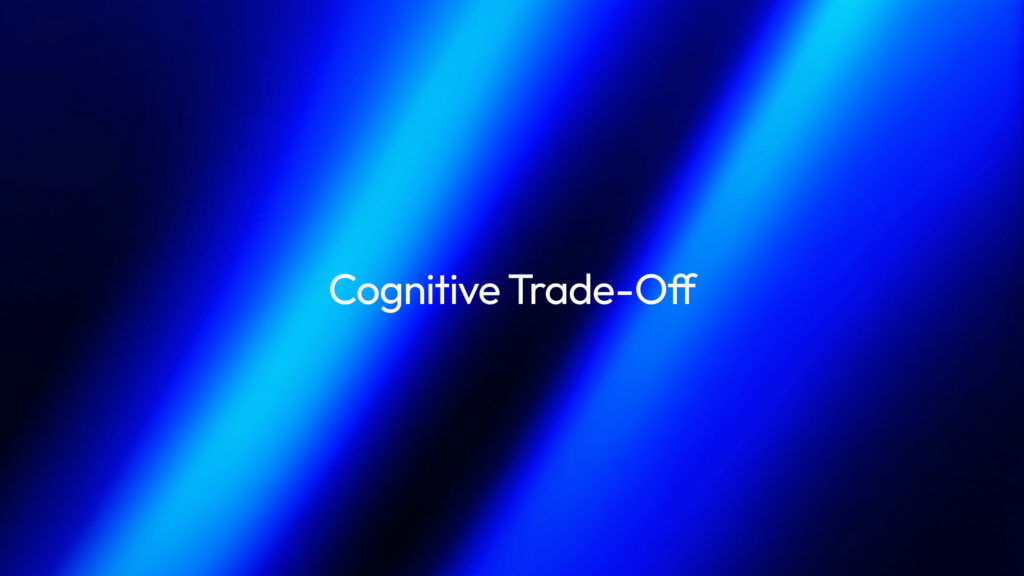Is AI Making Us Smarter, or Dulling Our Minds?

How Artificial Intelligence Shapes Human Thinking and Intelligence
Artificial Intelligence (AI) has changed how we learn, work, and make decisions. It writes, calculates, and analyzes faster than any human, yet researchers are increasingly asking: Does relying on AI help us grow smarter or make us mentally passive?
A recent Harvard Gazette article, “Is AI Dulling Our Minds?”, explores this question. Scientists at Harvard and MIT warn that over-reliance on AI may cause cognitive offloading, the habit of letting machines do the thinking that once trained our brains.
The Hidden Cost of Convenience
AI saves time and simplifies complex tasks, but convenience comes with a trade-off.
Cognitive scientist Tina Grotzer notes that the very act of thinking, even struggling with an idea, strengthens our understanding.
When we memorize, analyze, or reason through a problem, we are not just learning facts; we’re building mental resilience.
Outsourcing this effort to AI may reduce deep engagement. Instead of understanding the “why,” we become satisfied with the “what.” This subtle shift can weaken our attention, reasoning, and creative problem-solving, skills that define human intelligence.
Why Effort Still Matters
Our brains are like muscles, they grow through challenge. Memorizing data, connecting ideas, or solving problems requires focus and persistence, which reinforce neural pathways and cognitive flexibility.
AI, on the other hand, offers instant answers. While that’s powerful, it also tempts us to skip the slow, effortful thinking that builds expertise. As Harvard researcher Dan Levy puts it, “If we let AI do the work for us, we may not learn as deeply.”
The solution isn’t rejecting AI, but using it mindfully, letting it assist, not replace, our mental processes.
The Rise of Hybrid Intelligence
AI is reshaping what it means to be “intelligent.”
The smartest professionals no longer rely on memory alone; they combine human reasoning with machine precision. This new form of hybrid intelligence values not just knowledge, but the ability to interpret, question, and apply insights ethically.
AI can detect patterns and generate solutions, but only humans can evaluate context, emotion, and purpose. Our role is shifting from doing to deciding, ensuring that technology supports, rather than substitutes, our thought.
What It Means for the Future of Work
In fields like recruitment, marketing, and analytics, AI now filters data, screens candidates, and predicts outcomes. These tools boost efficiency, but the human factor remains essential. Understanding motivation, empathy, and cultural fit still requires judgment, communication, and critical thinking.
AI can handle information, but people handle meaning.
The Takeaway
AI isn’t dulling our minds, our dependence on it might.
Memorization, analysis, and curiosity still matter because they keep our brains active and adaptable.
The goal isn’t to avoid AI, but to stay mentally engaged while using it.
Let AI manage the routine, but never outsource the thinking.
